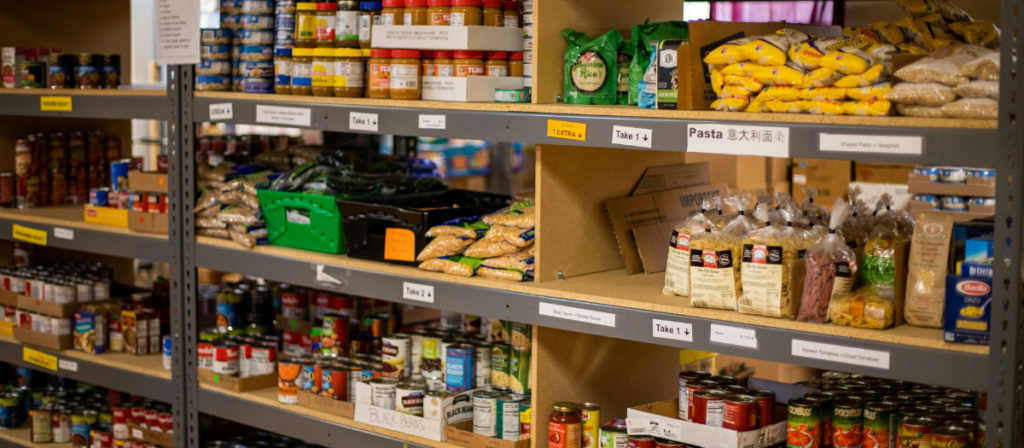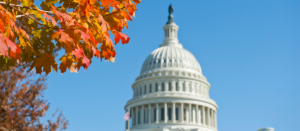As of November 1, government funding for the Supplemental Nutrition Assistance Program, or SNAP, officially ran out due to the continued government shutdown. As Democrats, led by Sen. Chuck Schumer (D-New York), continue to refuse to vote to open the government, 42 million Americans are temporarily losing their SNAP benefits. Here is what is happening.
The SNAP program, more commonly known as food stamps, is intended to help low-income families buy groceries. While there are many debates to be had about the program’s implementation, what the funds can be used for, and who is eligible for SNAP, that is beyond the scope of this article. The main point of current contention is that millions of Americans have come to rely on SNAP, and thanks to the government shutdown, have seen those benefits come to a halt for the first time in the program’s history.
Democrats have been claiming that there are contingency funds within the Department of Agriculture (USDA) that should be used to keep SNAP going. However, even with those contingency funds, it’s not enough money to cover the entire $8 billion needed to sustain the SNAP program. The White House has committed to doing everything that it legally can to keep the program going, including draining $4.65 billion in USDA emergency funds to partially provide the benefits. But another snag is that states are not set up to distribute partial payments, so even with using these contingency funds, it could take weeks for SNAP beneficiaries to receive their payments.
In lieu of federal funds, several governors have declared a state of emergency in order to use their own contingency funds to temporarily fund SNAP in their states. But these declarations only last for a limited amount of time. In New Mexico, Gov. Grisham released $30 million of contingency funds to cover SNAP, but that will only last until November 10. In Louisiana, legislators authorized $150 million be used to avoid an interruption in SNAP payments, but that only got them through November 4. Gov. Landry encouraged his residents to “seek the thousands of new job opportunities across our State, and free themselves from these social programs that the Left uses as a weaponization tool to win political points.”
Virginia has implemented one of the more creative responses. Gov. Glenn Youngkin announced the establishment of the Virginia Emergency Nutrition Assistance initiative, a program that will provide SNAP recipients with comparable state-supported funds. The funds will be sent to people’s EBT cards weekly, which are the debit cards usually used for federal SNAP benefits.
Other states are using emergency funds for food banks, rather than the SNAP benefits themselves. Connecticut, for example, is providing $3 million emergency dollars to Connecticut Foodshare, a statewide food bank. Illinois has a fund specifically for food banks from which it is pulling an extra $20 million. Arkansas directed $500,000 to food bank networks across the state, and Gov. Huckabee-Sanders said that she would consider additional weekly allocations if the shutdown continues.
There are some cities, such as Seattle and San Francisco, that are using contingency funds for residents who are SNAP beneficiaries.
But most states do not have the money or mechanisms in place to fund a federal program. When asked about his own state’s plans, Mississippi Gov. Tate Reeves acknowledged that “there is sadly no simple way for state government to just step in and pay the hundreds of millions of dollars in harm that this shutdown by the Washington Democrats is causing.”
Reeves is right, after all. The Senate has voted 14 times to reopen the government, and while nearly every Republican has voted in favor, only three Democrats have done the same. As soon as five more Democrats vote for the funding bill, SNAP payments will resume as normal.
And yet, while many Democrat lawmakers continue to place the blame on Republicans for all of the pain caused by the shutdown, including a stop to SNAP payments, they have admitted that restoring SNAP is not their top priority. As House Minority Whip Katherine Clark said in a recent interview, the more pain that is inflicted by the shutdown, the more “leverage” that they have in this fight.
The only plan Democrats ever had for suffering families across the country was to use them as “leverage.”
pic.twitter.com/utXcrzE8sF— Senate Republicans (@SenateGOP) October 30, 2025
That is the real reason they have refused (14 times) to reopen the spigot. And why, now that we are past election day, there are speculations of new negotiations.






